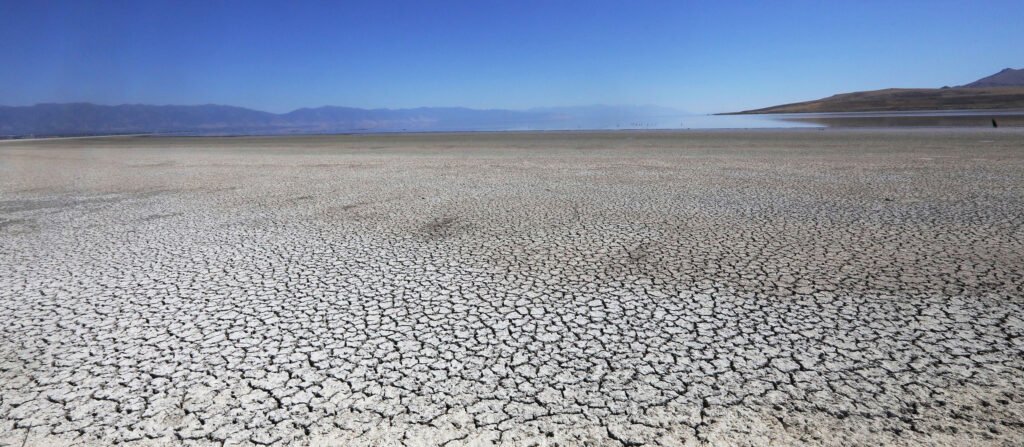(Published in American Journal of International Law: Unbound, Aug. 15, 2022).
 Abstract: Should the climate change crisis be framed in security terms? Many argue that it is dangerous to treat non-military threats as security issues. Such “securitization” is associated with the expansion of executive power and the exercise of exceptional measures involving the suspension of individual rights, secrecy, state violence, and a weakening of the rule of law. Nonetheless, climate change has already been identified as a security issue by many government agencies and international institutions. But, as Benton Heath explores in “Making Sense of Security,” the very concept of security is both ambiguous and contested. There are different and competing ideas about what it means, when and by whom it should be invoked, the kinds of law and policy responses it should trigger, and, crucially, who gets to decide these questions.
Abstract: Should the climate change crisis be framed in security terms? Many argue that it is dangerous to treat non-military threats as security issues. Such “securitization” is associated with the expansion of executive power and the exercise of exceptional measures involving the suspension of individual rights, secrecy, state violence, and a weakening of the rule of law. Nonetheless, climate change has already been identified as a security issue by many government agencies and international institutions. But, as Benton Heath explores in “Making Sense of Security,” the very concept of security is both ambiguous and contested. There are different and competing ideas about what it means, when and by whom it should be invoked, the kinds of law and policy responses it should trigger, and, crucially, who gets to decide these questions.
Heath argues that differing approaches to security reflect deeper struggles over whose knowledge matters in identifying and responding to security threats. He develops a typology for assessing these different approaches, and the implications they have for international law and institutions. But, while he notes that climate change is precisely one of those issues around which there are competing security claims, he leaves to others the question of whether, or how, to frame climate change in security terms.
This essay takes up that question, continuing the inquiry into how best to understand the concept of security, and how Heath’s typology helps think about the question. It argues that it may indeed be important to frame climate change in security terms, but as a matter of global security rather than national security.



